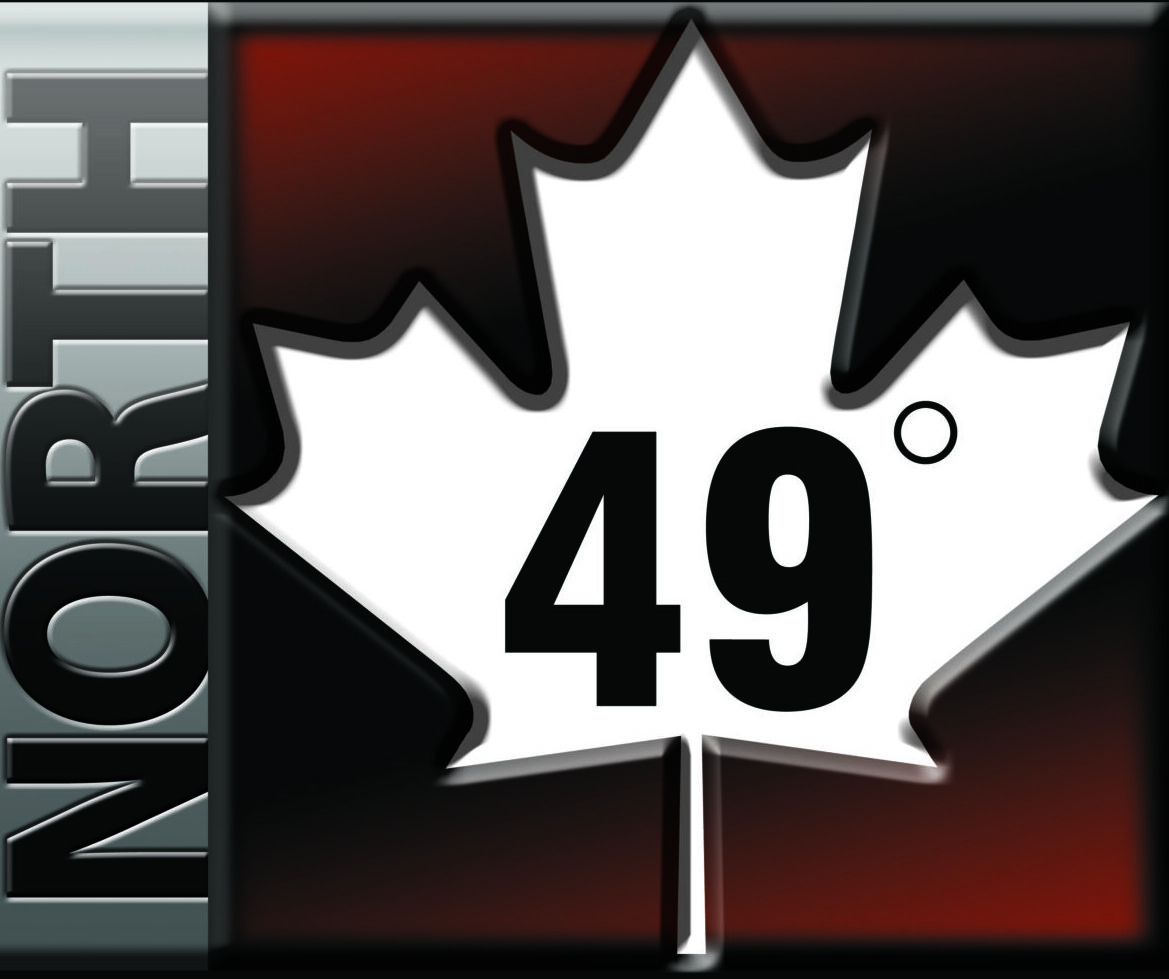Do you have shoulder pain? Have been told that you or a family member has a rotator cuff injury, but you are not sure what that means? If this is you, this post is for you as we will cover:
- Where is your rotator cuff located?
- Rotator cuff vs frozen shoulder.
- How do rotator cuffs tear and are these injuries common?
- Rotator cuff tear symptoms.
- How can Physio help.
- Can you fix rotator cuff without surgery?
Where is your rotator cuff located?
Your shoulder is where the rotator cuff is located and consists of the tendons from four main muscles that stabilize your shoulder. It is these tendons that allow you to lift and rotate your arm.
You can think of your shoulder joint as a golf ball on a tee. This allows for a large amount of movement, but decreases your shoulders stability. Your shoulders stability is largely offered by the 4 tendons of the rotator cuff. So, these tendons have to work hard to keep the shoulder in place. These tendons are the subscapularis, teres minor, supraspinatus, and infraspinatus tendons.
If you are not sure what tendons are, they are ropey like bands of tissue that attach muscle to bones. You cannot see the tendons in your shoulder, but you can see them in other areas like your hand. Large tendons can also be felt just above the back side of your knees.
Rotator cuff vs frozen shoulder
A rotator cuff injury includes one or several tendons of the shoulder. Actively moving the shoulder, resistance strength testing, and palpating the shoulder are usually painful (unless it is a complete rupture). Also, when a physiotherapist assesses your shoulder they can usually get the shoulder to move more than you can move it on your own.
On the other hand, a frozen shoulder, AKA “adhesive capsulitis” is characterized by initially painful and later restricted movement of your shoulder. This inflammatory condition causes thickening of the shoulder capsule (not the tendons) and is accompanied by progressive stiffness and significant loss of shoulder motion. It becomes more of a range of motion issue than a pain issue. Also, on assessment, a physiotherapist cannot move the shoulder much more than you can on your own.
Just to complicate things a bit, your shoulder pain can also be from having both conditions. If you continue to limit your shoulder motion after a shoulder injury you might develop a frozen shoulder.
For more information click here.
How do rotator cuff tears and are these injuries common?
Rotator cuff tears are the leading cause of shoulder pain and shoulder related disability. One study found that out of 1,366 people, 20.7% had a rotator cuff injury and the prevalence of the injury increased with age. They can be caused by age related changes to the tendons, repetitive overhead activity, and traumatic injuries.
For more information click here.
Rotator cuff tear symptoms?
If you have a tear in the tendon you may feel: severe shoulder pain at the time of injury, pain at night, pain with overhead activities, weakness, and stiffness.
For more information click here.
How can Physio help?
Your physiotherapist will take a detailed subjective history and a hands on assessment, consisting of active and passive movement, strength testing, and performing special tests. Your physiotherapist can then rule in or out any complications and recommend the best course of action to treat it.
Can you fix rotator cuff without surgery?
Treatment without surgery is warranted most of the time. This is where the role of physiotherapy can help.The goal of physiotherapy is to reduce any pain/inflammation that might initially be present. Your physiotherapist will then help you restore proper movement and strength in the shoulder. This will be achieved through exercise prescription, stretching, hands on manual therapy, and modalities where necessary. Your physiotherapist will also work with you to give you advice on how to treat your injury currently, as well as how to prevent future problems.
If surgery is performed, you will work with your physiotherapist and surgeon to ensure the appropriate treatment is given at the right time based on the stages of  tissue healing.
tissue healing.
For more information click here.
Book now with one of our team physiotherapists
If you have been told you have a injury to your rotator cuff, have shoulder pain, or other aches and pains that are impacting your daily activities, click here to book an appointment with us today.

